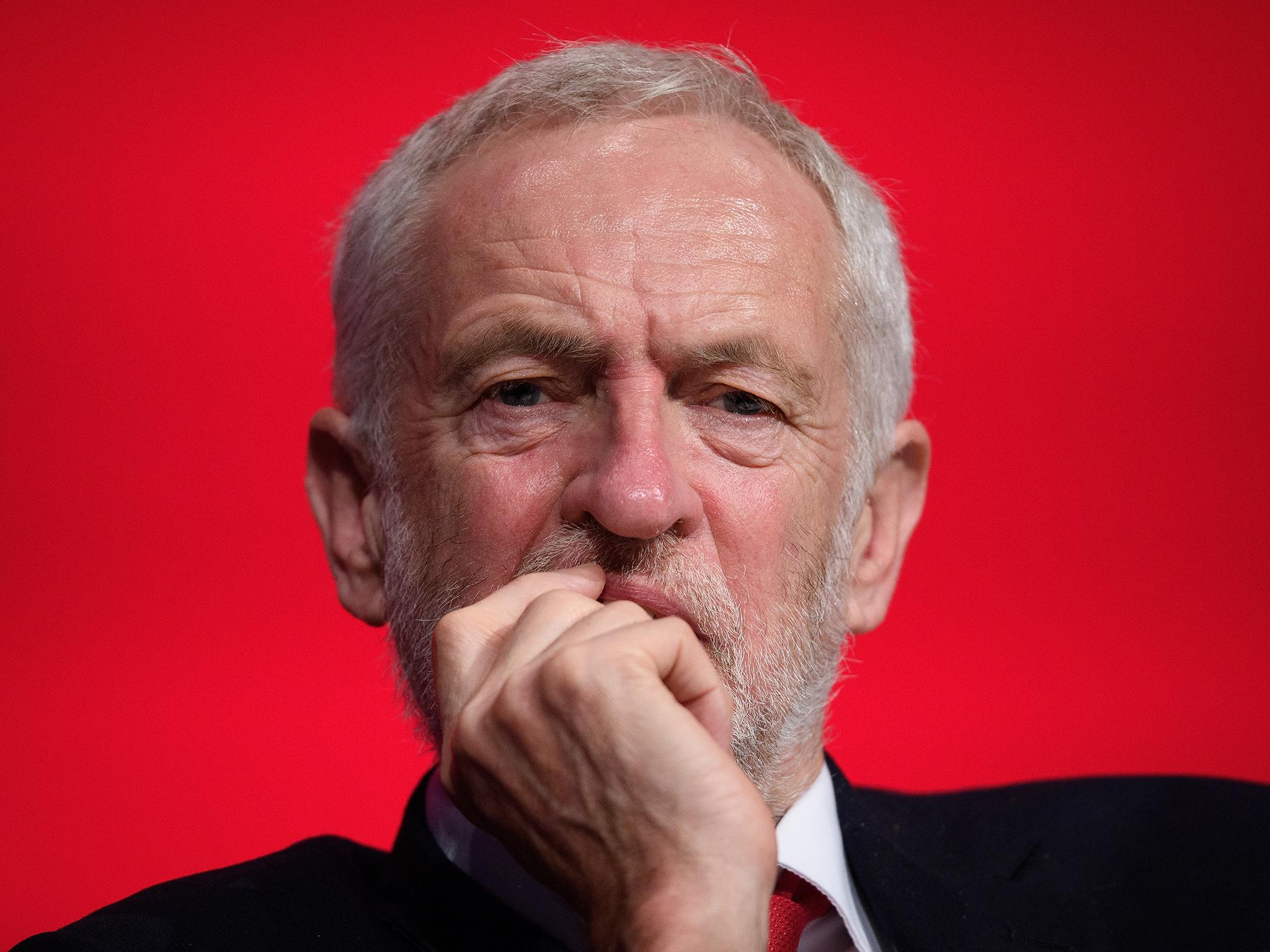Where does Labour really stand on Brexit?
Analysis: While it's clear Jeremy Corbyn opposes Theresa May’s deal, his party's true position on leaving the EU is far from black and white, says deputy political editor Rob Merrick


Winston Churchill called Russia “a riddle wrapped in a mystery inside an enigma” – but Labour’s Brexit policy can appear much more complicated than that.
Jeremy Corbyn has deliberately obscured his intentions, as he seeks to ride the twin horses of a pro-EU membership yearning for another referendum and many traditional supporters who voted to leave the EU.
The Labour leader is at again this weekend, insisting that – as prime minister, after a snap election – he will persuade EU to give the UK a better deal, even with just 97 days until departure.
It is fantasy of course. First, there isn’t going to be a New Year election and, even if Mr Corbyn was in charge, Brussels would still demand the same “backstop” to protect the Irish border in the divorce agreement.
Either his understanding of the Brexit impasse doesn’t extend beyond key stage one level or he is guilty of the same charge he levels at Theresa May – of running down the clock, rather than making hard choices.
Labour’s Brexit policy, such as it is, is set out in the “composite motion” agreed after many hours of agonised bargaining by more than 200 people at the party’s conference in September.
It vows to defeat the prime minister’s deal and then “support all options remaining on the table, including campaigning for a public vote” should Labour not be able to secure a general election.
All clear? No, of course not – because, in the three months since, Mr Corbyn has never set out what the other “options” might be, beyond his support for a permanent customs union.
Most political observers believe there are three; crashing out of the EU with no deal, softer ‘Norway-style’ exit terms (but with the backstop) and a Final Say referendum.
Labour will always oppose a no-deal disaster and Mr Corbyn has ruled out Norway, because it would involve single market membership – even though that conference motion demands “full participation in the single market”. Are you more confused?
Nevertheless, by painful process of elimination, Labour is likely to have to support a fresh referendum, when Ms May’s deal is thrown out in mid-January – even if Mr Corbyn has to be dragged kicking and screaming, like a toddler refusing to go to bed.
Got an unanswered question about Brexit? Send it to editor@independent.co.uk and we’ll do our best to supply an answer in our Brexit Explained series
Join our commenting forum
Join thought-provoking conversations, follow other Independent readers and see their replies
Comments
Bookmark popover
Removed from bookmarks